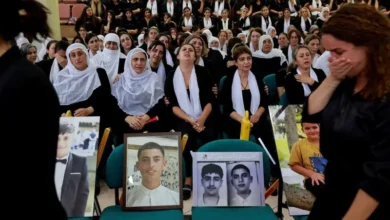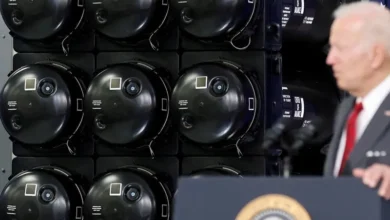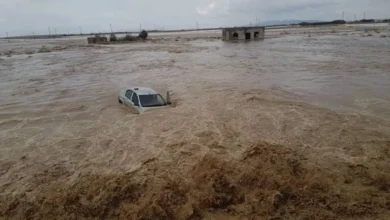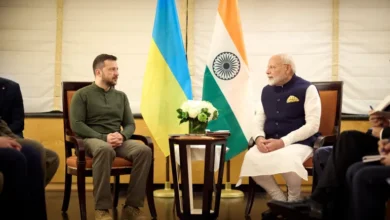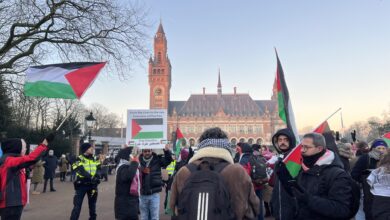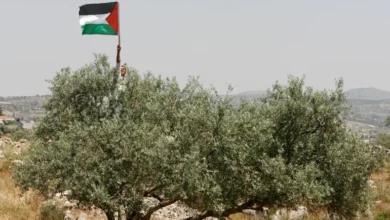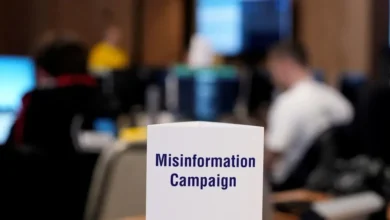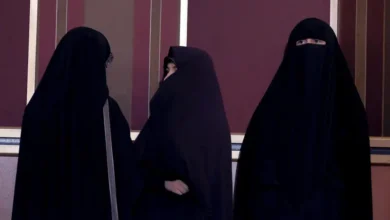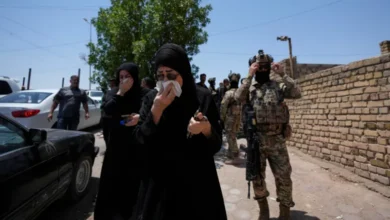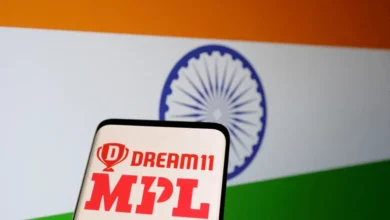US warns Lebanon’s Hezbollah not to get involved in Hamas-Israel war
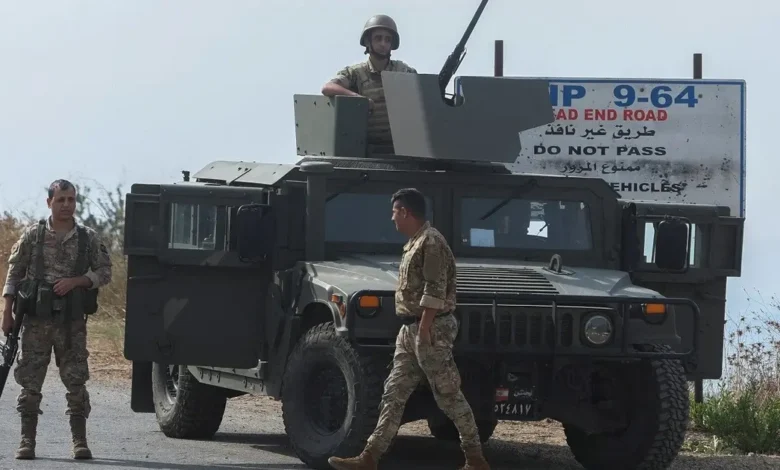
Washington has warned Iran-backed Hezbollah not to get involved in the fighting between Israel and Hamas militants, fearing massive civilian casualties in Lebanon, officials and sources familiar with the matter said.
Hezbollah, one of Iran’s most powerful proxies in the Middle East, has threatened to attack Israel if they invade Gaza or target Hamas officials inside Lebanon.
US President Joe Biden issued the first warning after the initial Hamas operation against Israel on Saturday. “The United States warns against any other party hostile to Israel seeking advantage in this situation,” Biden said in his first statement condemning the attack.
On Monday morning, Biden again met with his top national security team and directed them to continue working with regional partners to “warn anyone who might seek to take advantage in this situation.”
National Security Advisor Jake Sullivan made a similar statement in an apparent reference to Hezbollah and other Iran-backed militias.
“Anyone hostile to Israel should know that Israel will respond forcefully, and we will stand with them,” US Central Command (CENTCOM) Spokesman Lt. Col. Troy Garlock said. “President Biden has made this clear: no party hostile to Israel should try to exploit this situation,” he added.
The French have been one of many parties that have passed messages to Lebanese sides, including Hezbollah, sources told Al Arabiya English.
Regional officials were in constant contact with Lebanese officials, also issuing stern warnings that the civilian casualties of a flareup between Hezbollah and Israel would be catastrophic.
State Department officials have been in touch with their Lebanese counterparts to voice the need for restraint and to pressure Hezbollah not to take any action that would endanger the lives of civilians in Lebanon. US officials and LAF Commander Gen. Joseph Aoun have been in regular contact about the developing situation, with the latter and other Lebanese officials stressing that they are opposed to any involvement in the fighting from the Lebanese side.
These discussions revolved around the difficulty of the US and other global powers with close ties to Israel to get them to refrain from targeting civilians and civilian infrastructure if violence spills over the Lebanese border.
A Lebanese MP was skeptical when asked if his country could be spared from Hezbollah’s actions. The MP, who was speaking not for attribution, said the average Lebanese citizen was worried and had no interest in getting involved.
Randa Slim, a program director at the Washington-based Middle East Institute, said the Lebanese caretaker government had no power to force Hezbollah to do or not do anything, let alone decide whether to intervene in the Gaza-Israel war.
Lebanon has had no fully functioning government since Michel Aoun’s term ended in October 2022.
“Hezbollah has its own red line based on its own cost-benefit calculus about a potential escalation in the Lebanese-Israeli conflict theater. It will be partly affected by what Israel does in Gaza. And partly by their assessment of whether and for how long Hamas can sustain the Israeli attack on their own,” Slim told Al Arabiya English.
And the US will be unable to convince the Israelis one way or another regarding a potential attack on Lebanon. “The latter is determined by the Israeli cost-benefit calculus for such an attack,” she said.
On Sunday, a brief exchange of fire took place after Hezbollah claimed responsibility for launching rockets at Israeli outposts in the Shebaa Farms. Israel responded by pounding an empty land in southern Lebanon and destroying a Hezbollah tent it claims was in disputed territories.
But tensions appear to have escalated as of Monday following a cross-border attack from Lebanon into Israel. The Lebanese Armed Forces had earlier said southern towns in the country were being targeted by the Israelis and warned residents to seek shelter. An officer from the LAF was injured during an Israeli attack that hit a Lebanese military base.
While the Palestinian Islamic Jihad (PIJ) took responsibility for the rocket fire that reportedly injured Israeli soldiers, the Israeli retaliation killed at least three Hezbollah militants. Hezbollah responded by launching a salvo of guided missiles and mortar shells, claiming to have successfully hit Israeli barracks.
